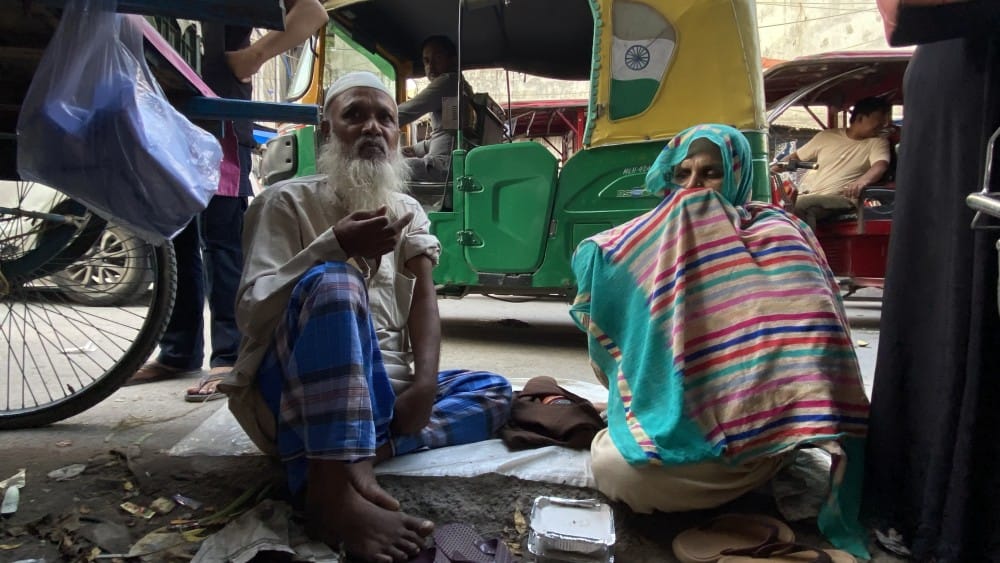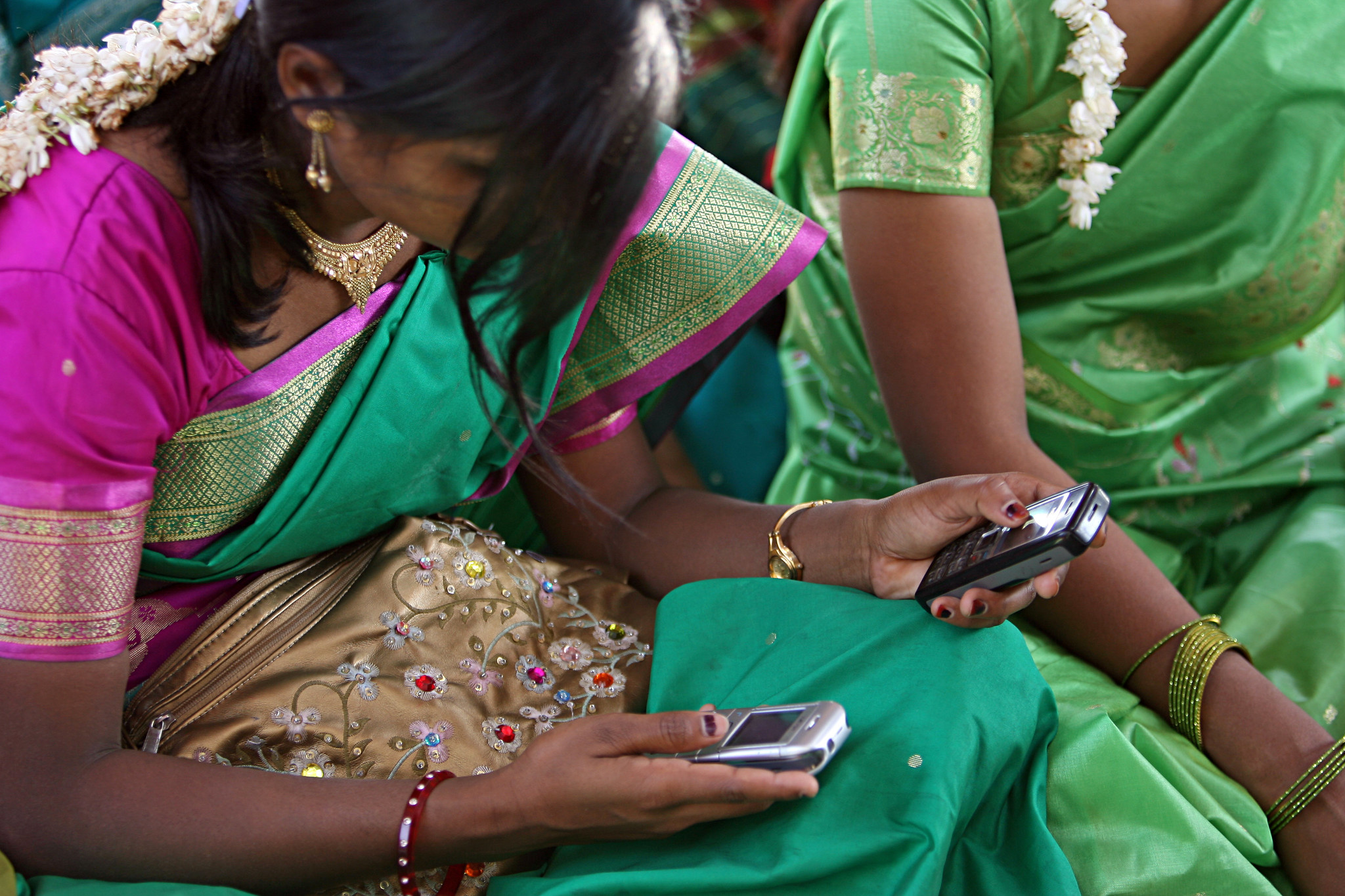New Delhi: The rape and murder of a young doctor at RG Kar Hospital in West Bengal’s Kolkata on August 9, 2024, left the entire nation in shock and sparked widespread discussions about women’s safety. Among the most prone to sexual predation are homeless women who make footpaths their workplaces and consider flyovers and parks their homes.
Among the most prone to sexual predation are homeless women who make footpaths their workplaces and consider flyovers and parks their homes.
This incident has reignited concerns about the safety of women, particularly those from marginalised communities like the homeless. Women living on the streets face numerous dangers, including the risk of physical, verbal, and sexual abuse. The challenges these women encounter often go unnoticed by policymakers, despite the severe impact on their lives.
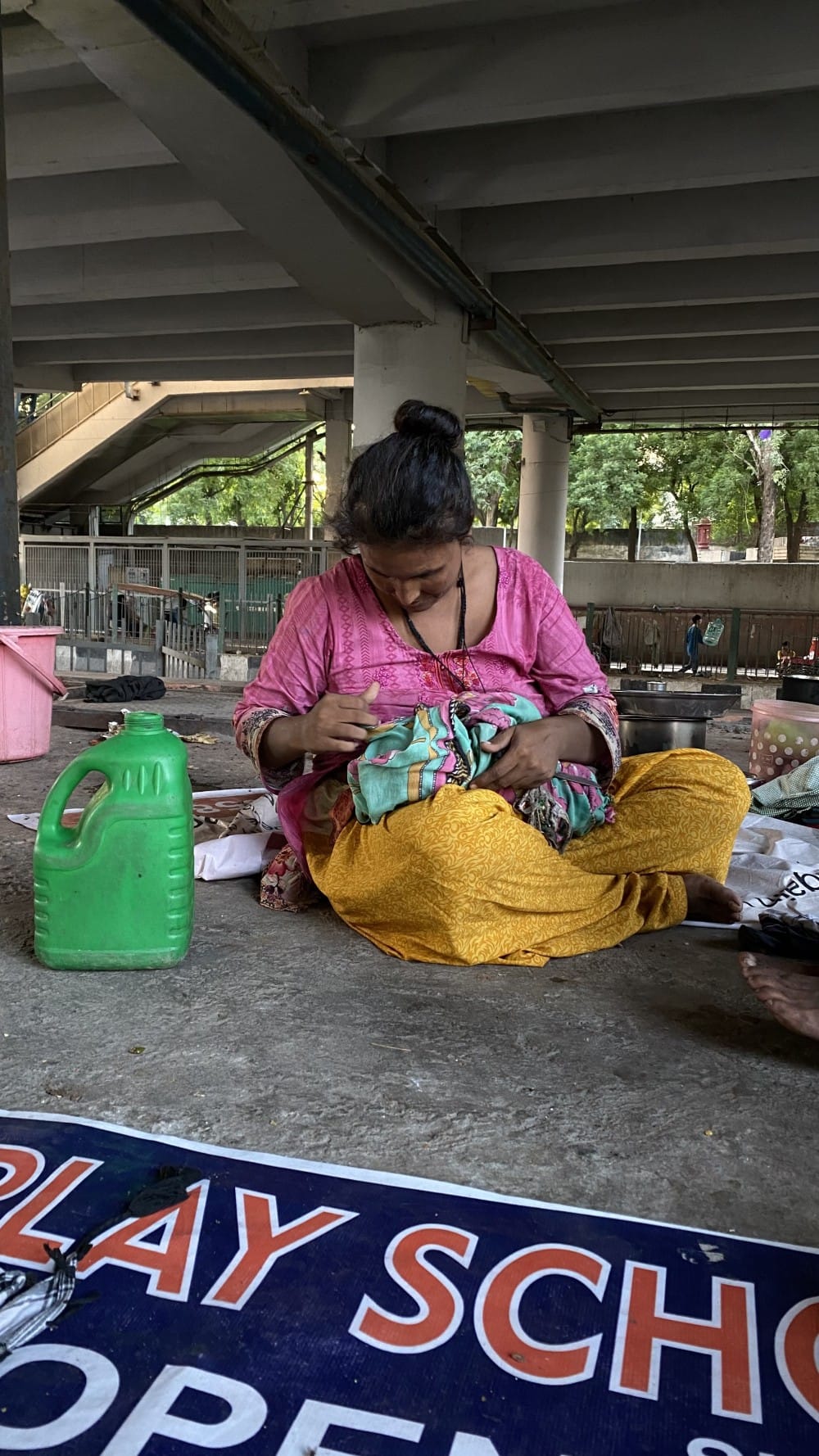
According to a report titled Public Hearing on Violence Against Homeless Women in Delhi, published by Sahri Adhikar Manch: Begharon Ke Saath in January 2014, Delhi has over 150,000 homeless people, out of which 10,000-15,000 are women and girls. These women not only contend with the challenges of homelessness, such as harsh weather conditions and inadequate access to basic services, but they also face persistent threats of abuse. Many are harassed by strangers, while others experience domestic violence from their spouses. Despite this, they often remain in these relationships, fearing that leaving would make them even more vulnerable.
Homeless women endure not just physical hardships but also emotional and psychological stress as they navigate these risks on a daily basis. The absence of stable shelter compounds their vulnerabilities, making them easy targets for predators.
Tanya, a 19-year-old woman who lives near the Okhla Vihar metro station, South East Delhi with her family, talked about the frequent ordeals she faces. ‘It’s very difficult for us. Drunkards and passersby harass us at night and shout vulgar comments. I face these harassments on a regular basis, however, my family chases them away. If not for them, I wouldn’t have been alive,‘ said Tanya, who goes by her first name.
For women like Tanya, the dangers of living on the streets are a daily reality, yet they often have little choice but to continue living in such vulnerable circumstances. Family members provide some measure of protection, but it is not always enough to ensure their safety.
For women like Tanya, the dangers of living on the streets are a daily reality, yet they often have little choice but to continue living in such vulnerable circumstances.
According to a 2019 report, Understanding Homelessness in Delhi, published by the Indo-Global Social Service Society (IGSSS), a non-government organisation based in New Delhi, 85% of homeless women constantly fear sexual harassment. Around 70% of respondents admitted they wouldn’t intervene to help a victim, even if they witnessed the abuse.
This statistic highlights the societal indifference toward the plight of homeless women. The lack of intervention from bystanders, even when they witness harassment or violence, exacerbates the challenges these women face. In many cases, the absence of social support leaves homeless women isolated and defenseless.
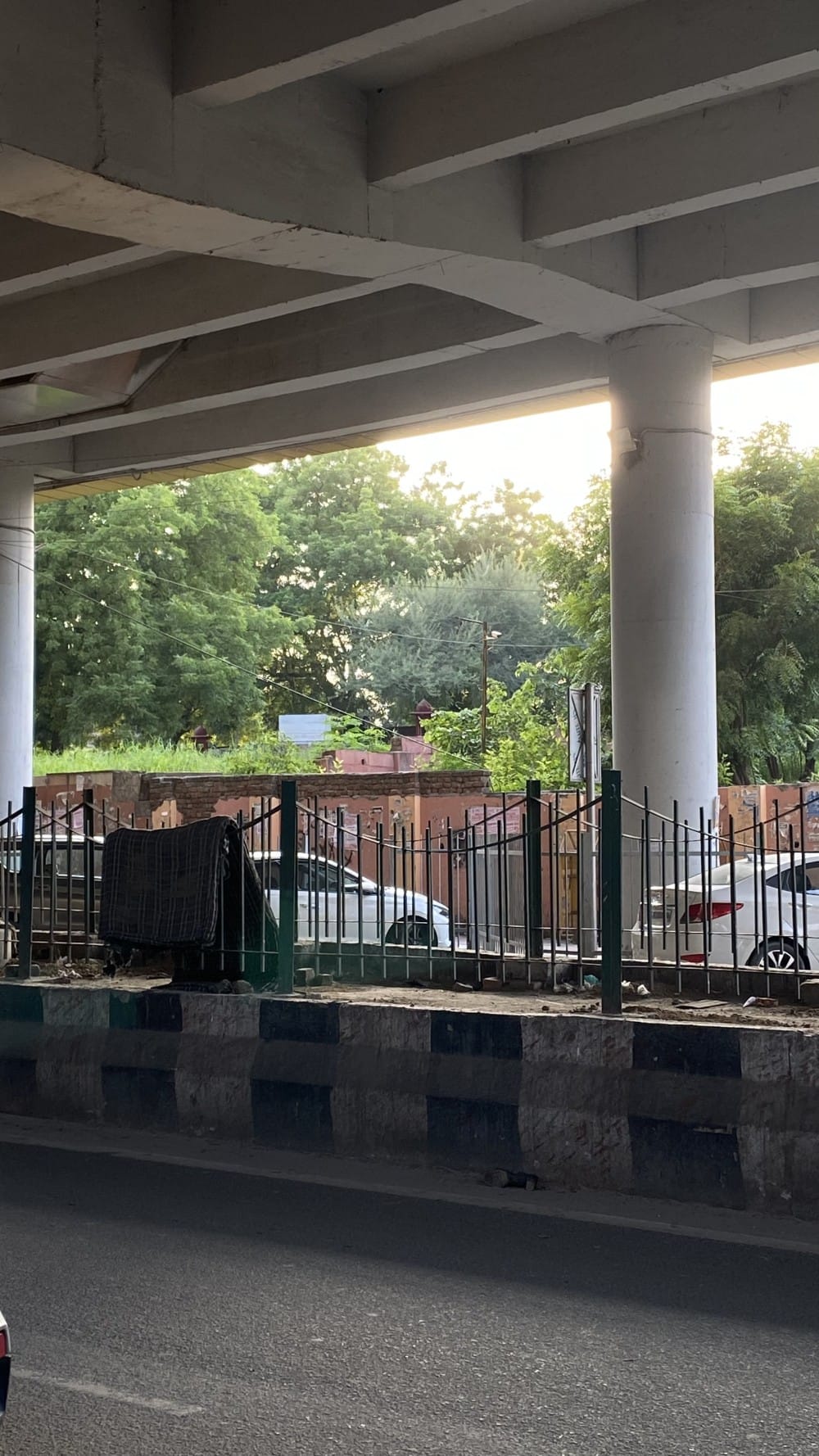
Asma (20), who goes by her first name, is a mother of an infant and has spent her life sleeping under flyovers, in parks, and on footpaths in Jamia Nagar.
‘I’ve been homeless all my life. I was born without a roof over my head, and now my child is growing up similarly. My husband works in the village while I stay here with my sister and brother-in-law,’ she said. When asked about sexual harassment, she responded, ‘It’s an everyday thing for us. Over time, we have become strong enough to fight back. We hit and abuse anyone who tries to harass us.’
Asma’s story is reflective of many women who grow up on the streets, often becoming desensitised to the constant harassment and abuse they experience. Over time, they develop strategies for survival, including fighting back when they are harassed. However, this is not a long-term solution, and the absence of institutional support leaves them continuously vulnerable.
Maternity challenges among the homeless
In addition to the threat of violence, homeless women face significant challenges during pregnancy and childbirth. Without access to proper healthcare, many are forced to give birth in open spaces, often without medical assistance. Most are unaware of government schemes that provide free maternity care, leaving them to navigate childbirth under difficult circumstances.
Muskan (30), who originally hails from Faizabad, recently gave birth in a parking lot, opposite the Jamia flyover.
Muskan (30), who originally hails from Faizabad, recently gave birth in a parking lot, opposite the Jamia flyover.
‘I gave birth 10 days ago. I have no food, and the clothes I’m wearing are all I have. I delivered my baby in these same clothes,’ she said. When asked why she didn’t seek government help, she said, ‘I wasn’t aware of any such schemes.‘
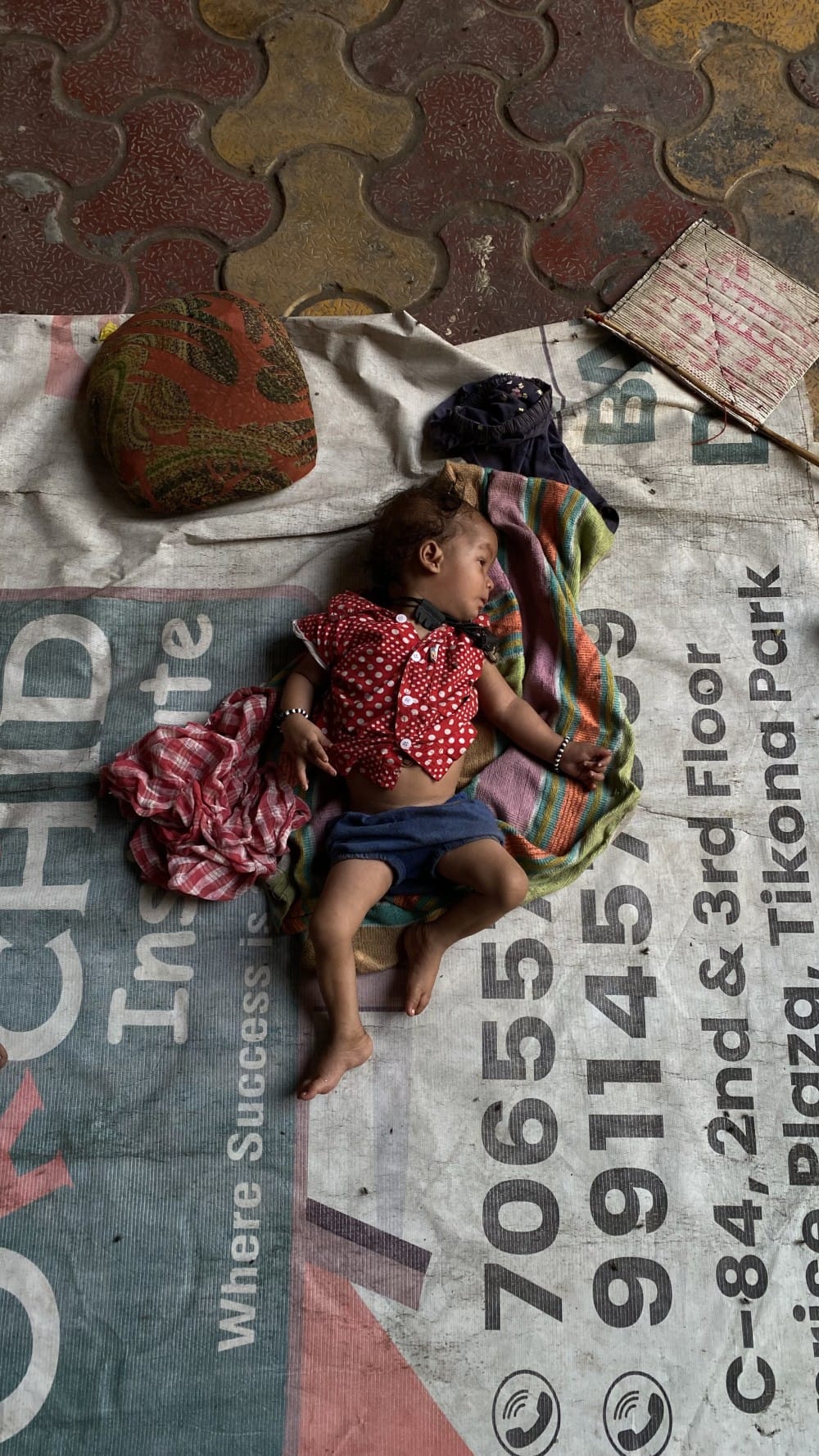
Muskan’s experience is not uncommon among homeless women, many of whom are unaware of or unable to access government services. The lack of information and resources means that they often have to endure childbirth in unsafe and unsanitary conditions, which poses significant risks to both the mother and the child.
Police brutality: no home for the homeless
In addition to these daily struggles, many homeless women reported regular harassment from the police. Allegedly the police force them to relocate during the night.
Sameena, who lives near the Jamia Millia Islamia metro station with her family, said, ‘We have nowhere to go. The police harass and abuse us, so we keep moving from one place to another with our belongings.’ This constant displacement worsens their already dire situation, leaving them exposed to even more dangers.
The issue of police harassment adds another layer of insecurity to the lives of homeless women. Being forced to relocate frequently not only disrupts their ability to find some semblance of stability but also increases their exposure to unsafe environments.
Former IPS officer Meeran Chadha Borwankar said that homeless people are often arrested and made to relocate during the night.
‘It’s true that many times during the night rounds and surveillance operations, homeless are either arrested or made to change their space,’ she said.
When asked about the steps being taken by the police to ensure the safety and well-being of homeless families, especially women, who have no stable place to stay, Borwankar said, ‘Women are hardly ever shifted or arrested. That is a reality. These operations or rounds are for the prevention of crime since women are not considered a threat, thankfully they are spared.’
‘To arrest a woman we need women police who are very few in number and hardly ever available for such duties so women getting arrested during preventive operations is quite rare. Asking them to shift places, yes sometimes,‘ she added.
While Borwankar acknowledges that women are rarely arrested during these operations, the frequent displacement still disrupts their lives and exposes them to new dangers.
While Borwankar acknowledges that women are rarely arrested during these operations, the frequent displacement still disrupts their lives and exposes them to new dangers.
Insufficient shelter homes and resources
Government shelters in Delhi, run by the Delhi Urban Shelter Improvement Board (DUSIB), have a capacity of only 16,000 beds, serving less than 10% of the city’s homeless population, estimated to be between 200,000 and 250,000. During extreme weather conditions, the scarcity of shelter becomes even more critical, leaving many without any safe place to stay.
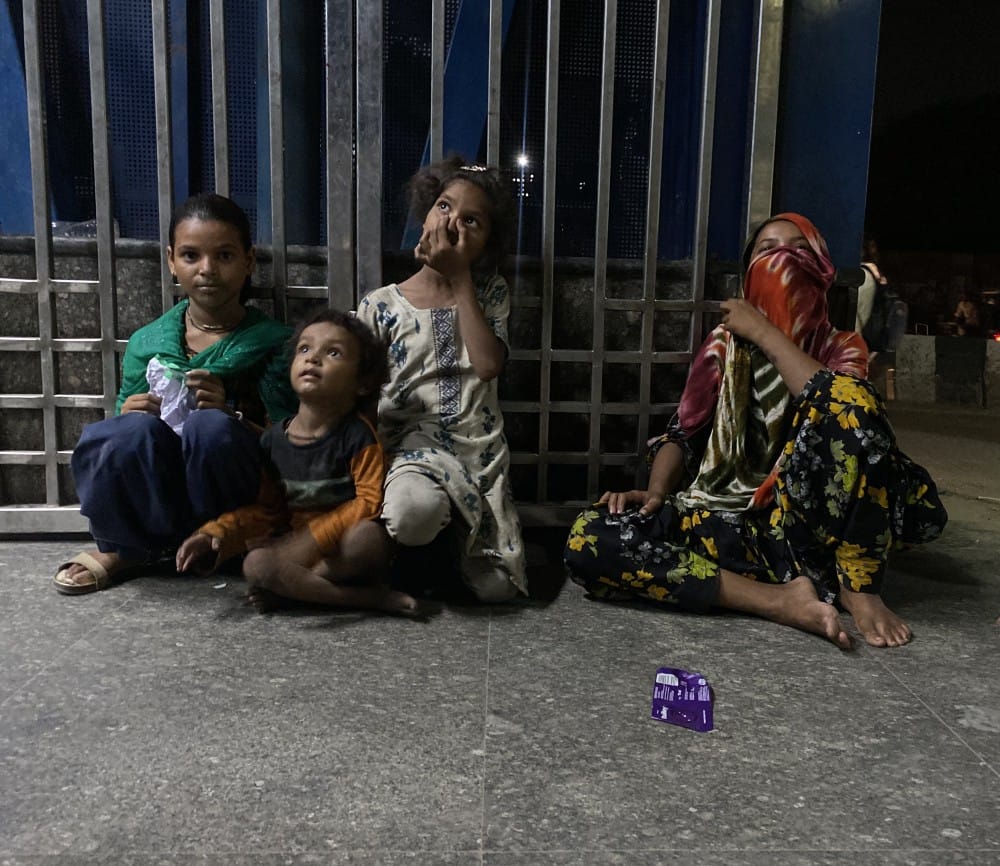
Despite the availability of some shelters, the capacity is vastly inadequate for the number of homeless individuals in Delhi. The lack of resources and overcrowding in existing shelters means that many homeless women are left without access to safe and secure accommodations.
DUSIB did not respond to multiple requests for comment by the time of publication.
